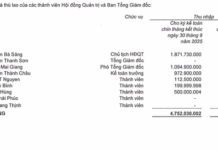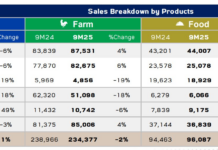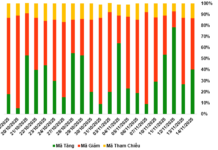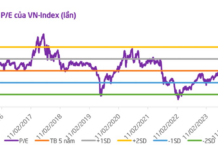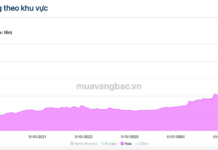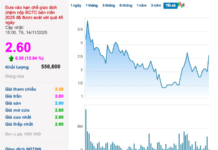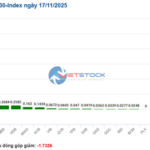
Illustration
Indian State-Owned Refineries Boost Nigerian Crude Imports
India’s state-owned refineries are ramping up crude oil imports from Nigeria, marking a significant shift in their supply strategy as US sanctions force the South Asian nation to reduce its reliance on Russian oil. Last week, the US imposed an additional 25% tariff on Indian goods, bringing the total to 50%, pressuring India to cut back on Russian oil imports. In the 2025 financial year, India imported 1.8 million barrels per day of Russian oil, amounting to 88 million tons.
According to industry sources, over 2 million barrels of Nigerian oil are expected to arrive at Indian ports during September-October 2025. The Indian Oil Corporation (IOC) has purchased one million barrels of Agbami crude through a tender won by Trafigura. Bharat Petroleum Corporation Limited (BPCL), the second-largest state-owned refinery, has also concluded spot purchases and is negotiating for another cargo for September delivery.
In parallel to the Nigerian imports, India is also increasing its crude oil purchases from other sources, including 1 million barrels of Girassol crude from Angola, 1 million barrels of Mars crude from the US, 3 million barrels of Murban crude from Abu Dhabi, and an additional 2 million barrels from Nigeria.
This development comes after Indian state-owned refineries halted purchases of Russian oil since the end of July due to concerns over transportation risks and pressure from Washington. Prior to this, India was one of the few countries taking advantage of cheap Russian oil since the conflict with Ukraine began in 2022, almost exclusively sourcing from Russia and withdrawing from the spot market for other suppliers.
Nigeria’s increased exports to India mark an expansion into the Asian market, which is traditionally dominated by Middle Eastern producers. Nigerian crude, with its low sulfur content, is well-suited for Indian refineries in the production of gasoline and diesel for domestic consumption and export.
However, an ironic twist in the energy trade emerges: while Nigeria boosts its oil sales to India, Africa’s largest refinery, the Dangote refinery located in Nigeria, is increasing its crude oil purchases from the United States. Despite being Africa’s largest oil producer, Nigeria imports nearly all of its fuel needs due to the deterioration of its own refineries over the years, which are now largely non-operational.
With an estimated crude oil reserve of 36.97 billion barrels, Nigeria is one of the world’s and Africa’s richest oil-producing countries. The oil industry has played a significant role in driving the country’s economic growth and development. However, the over-reliance on oil presents challenges, especially when global oil prices fluctuate.













